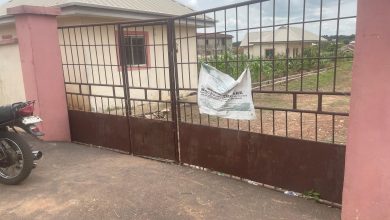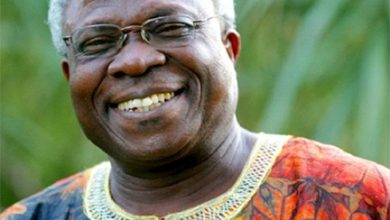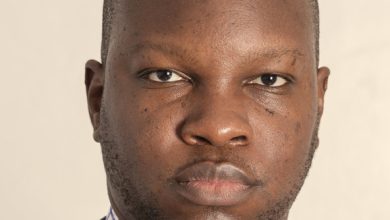Empowering women through social protection: UN rights office

Social protection provides a safety net for the vulnerable through policies and programs that offer financial assistance, health coverage and social insurance.
“It helps to prevent social exclusion and promote social integration,” said Mahamane Cisse-Gouro, Director of the Human Rights and Disparities Policy Committee of the OHCHR’s human rights office.
Long term gender gap
The long-term gender gap exists due to social factors such as girls being forced into early marriages and early pregnancy, or the sheer burden of domestic work, which leads to a lack of access to formal work and the inability to pay into national schemes such as social security, insurance, or pension schemes.
For immigrant women, especially the undocumented, the situation is even more precarious.
“One of the key barriers for undocumented immigrant women is access to services or justice, the fear that they may be detained and deported,” said Michele LeVoy, Director of the Platform for International Cooperation on Undocumented Immigrants.
Even women who are able to get a job with benefits, tend to find themselves in the lowest paid jobs, while their reproductive and caregiving roles force them out of the labor market, causing a gender retirement gap when they grow up.
And the COVID pandemic, climate emergencies, rising conflicts, and increasing inequality, have made the gender gap even worse for social security.
Women’s participation is needed
Mr. Cisse-Gouro emphasized that to overcome all these problems, women themselves must have a say in the decisions that affect them the most.
“That is the most effective way to find solutions and to secure their right to social security is fully realized,” he said. “However, men continue to be over-represented in national legislatures and women continue to be under-represented in leadership positions in the private sector and business associations.”
“The lack of women’s participation in public and political life is related to correcting and influencing social security policies,” he stressed.
One young activist, 17-year-old Yamikani from Malawi, knows first-hand the struggles his community faces.
Chronic poverty
Poverty levels in Malawi are incredibly high, with many families unable to afford three meals a day. According to Yamikani, 60 percent of children in his homeland live in poverty, and families struggle to provide basic needs for their children.
Only 12 percent of children in poverty are covered by social cash transfers in Malawi, and for all children under the age of five, the number falls to only 2.1 percent, Yamikani explained, during the Human Rights Council meeting.
“I am particularly concerned that the participation of girls and women in social security decision-making processes is not enough, and it is not taken seriously,” he said
“By empowering and valuing our perspectives, we can ccontribute to the creation of social security policies and programs that truly address our needs, determine the right methods, prioritize and target children in real need..”
Economic power
Monica Ferro, Director of the Geneva Office of the UN Population Fund (UNFPA), expressed Jamaica’s thoughts, stressing gender equality as a prerequisite for women’s participation and leadership.
“We need a world economy that removes all obstacles and gives women the power to choose their future, to have their decisions,” Ms. Ferro said.
“Social Protection programs play an important role in doing so. In turn, a gender and economic equal society – one where women enjoy equal opportunities and outcomes in the labor market and in the public and private sector – will make social security systems more inclusive and sustainable. “






